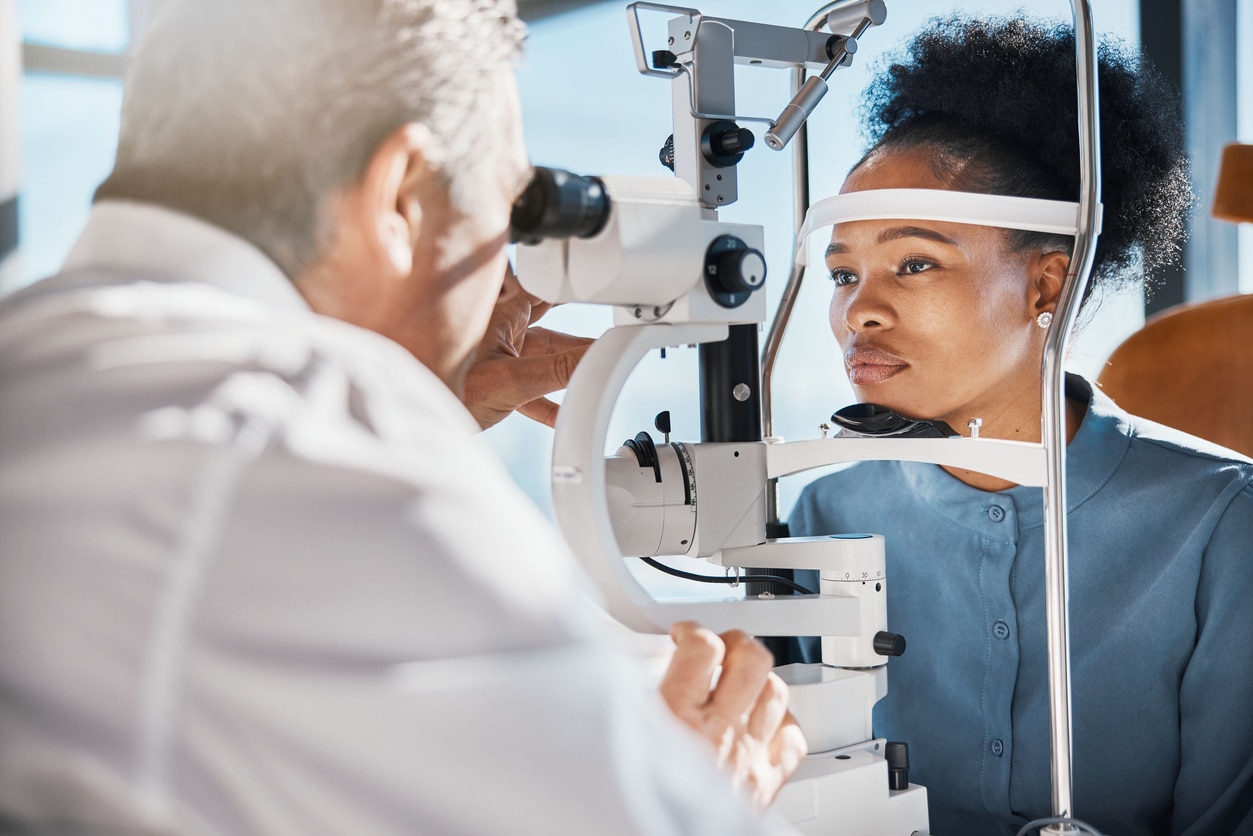All Categories
Featured
Table of Contents

Regular eye assessments are crucial for preserving excellent vision and finding prospective eye wellness issues early. Nevertheless, the regularity of these examinations can vary dramatically based upon an individual's age, way of life, and overall health. Understanding the suggested timetable for eye exams can help make certain that individuals of any ages obtain ideal care and tracking for their eye wellness.
Newborns and Toddlers (0-2 Years)
For infants and toddlers, eye examinations are vital for finding any prospective vision issues early. The American Academy of Ophthalmology recommends that a kid's very first eye exam should take place at around 6 months of age. Throughout this preliminary visit, the eye care professional will evaluate the child's aesthetic development and check for any kind of evident eye problems.Following this first test, it is advised that kids have one more eye examination at age 3. This go to will certainly focus on analyzing the kid's general aesthetic feature, consisting of eye placement and the capability to track things. If no concerns are identified, the next examination must be arranged prior to the child begins institution, generally around age 5 or six.
School-Aged Children (6-18 Years)
Regular eye examinations ought to be arranged every one to 2 years as soon as children reach college age. Vision is essential for finding out and advancement, and lots of schools carry out vision testings. Nevertheless, these screenings do not change a detailed eye exam by an eye treatment expert.For kids associated with sporting activities or tasks needing significant aesthetic emphasis, yearly eye exams may be suggested. In addition, if a kid shows signs of vision issues-- such as problem checking out, squinting, or regular headaches-- a see to the eye physician should be scheduled immediately.
Young Person (19-39 Years)
Young person usually have fewer vision adjustments than older age, however regular eye examinations continue to be important. The basic recommendation is to set up an eye test every two years throughout this period. Individuals with certain threat variables-- such as a family members history of eye disease, diabetes, or those that put on get in touch with lenses-- must consider annual eye examinations.In addition, those who spend significant time on digital devices might experience digital eye stress. If signs and symptoms such as dry skin, tiredness, or blurred vision take place, it may be sensible to see an eye care professional sooner.
Grownups (40-64 Years)
As people get in center age, the likelihood of establishing vision issues boosts. Grownups aged 40 to 64 ought to arrange eye examinations every one to 2 years. This age team might start to experience presbyopia, an all-natural age-related condition that makes it challenging to concentrate on close items. Eye tests can also help identify other typical age-related problems such as glaucoma, cataracts, and macular deterioration.If individuals in this age have risk factors like hypertension or diabetes, they may call for more regular evaluations to monitor their eye wellness closely.
Elders (65 Years and Older)
For seniors, routine eye examinations become a lot more critical. The American Optometric Association advises that individuals aged 65 and older have an eye test a minimum of when a year. Older grownups are at a greater risk for different eye diseases, including cataracts, glaucoma, and age-related macular degeneration. Early detection and therapy of these conditions can prevent vision loss and improve the lifestyle.Conclusion.
Comprehending the suitable timetable for eye exams based on age is important for maintaining optimal eye wellness throughout life. From babies to senior citizens, normal eye evaluations play a critical role in discovering problems early and making sure that vision continues to be sharp. By sticking to these guidelines and speaking with an eye treatment specialist, individuals can take aggressive steps toward maintaining their vision and overall health and wellness. Whether it's a youngster's initial see or a senior's yearly check-up, prioritizing eye treatment is a financial investment in lifelong wellness.Table of Contents
Latest Posts
Wetumpka Eye Exams & More at Vision Center South
Published Apr 26, 25
2 min read
Enterprise Residents, Ensure Your Eye Health at Vision Center South Today
Published Apr 25, 25
2 min read
Vision Center South – Wetumpka’s Source for Vision Tests & Additional Care
Published Apr 22, 25
2 min read
More
Latest Posts
Wetumpka Eye Exams & More at Vision Center South
Published Apr 26, 25
2 min read
Enterprise Residents, Ensure Your Eye Health at Vision Center South Today
Published Apr 25, 25
2 min read
Vision Center South – Wetumpka’s Source for Vision Tests & Additional Care
Published Apr 22, 25
2 min read